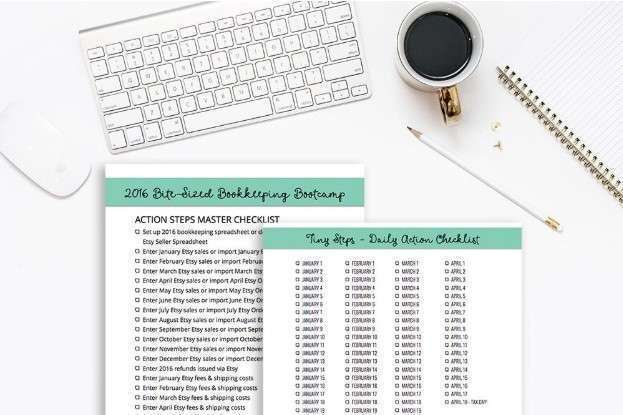Additionally, outsourcing bookkeeping services provides access to specialized expertise. Full charge bookkeepers who work for outsourcing firms are well-versed in the latest accounting practices and regulations. They can offer valuable insights and recommendations to optimize financial processes and ensure compliance with industry standards. Having a deep understanding of these software applications allows you to efficiently record and track financial data, generate reports, and perform various accounting tasks.
© AccountsBalance, 2024. All rights reserved. An EcomBalance Company.
This content is very general in nature and does not constitute legal, tax, accounting, financial or investment advice. You are encouraged to consult with competent Attorney, CPA, EA or CFP based on your specific requirements & personal circumstances. A full-charge bookkeeper is responsible for all aspects of the company’s finances.
- Below, we will define and break down the differences and similarity between this role and similar ones.
- General business, accounting, and bookkeeping courses will provide the required education and training.
- Nevertheless, it is important to consider the following key advantages of employing a full-charge bookkeeper for your business.
- If you’re interested in learning more about full-charge bookkeepers or want to explore other accounting and auditing careers, be sure to check out the American Institute of Professional Bookkeepers.
- Full charge bookkeepers also make necessary adjustments to journal entries to correct any discrepancies found during the reconciliation process.
- It helps stakeholders understand the company’s financial health and its ability to meet its financial obligations.
A Beginner’s Guide to Business Finance and Market Entry Planning
Knowing what is included in full charge bookkeeping services makes you aware that a degree, skills, and bookkeeping certifications sometimes aren’t enough. Due to the higher level of responsibilities that FC bookkeepers have, some employers insist that candidates have prior bookkeeping and accounting experience. Certified Public Accountants (CPAs) also have additional training and have passed a licensing exam.
Tax Acts
For those looking to enter or advance in this field, developing a strong foundation in accounting, staying up-to-date with what does full charge bookkeeper mean technology, and honing soft skills will be key to success. Accountants, on the other hand, operate at a higher level of financial strategy. They are usually involved in more complex financial planning, including tax planning and business analysis. While they also review financial statements, their work often focuses more on interpreting and analyzing financial data than recording it. Accountants use this analysis to provide strategic advice to the organization’s management. They are typically equipped with advanced degrees and certifications, such as CPA (Certified Public Accountant), which full charge bookkeepers don’t necessarily hold.
Should You Hire a Full-Charge Bookkeeper?
To become a bookkeeper, a high school diploma or equivalent and some basic bookkeeping knowledge are enough. However, knowing that there are various types of bookkeeping methods and lots of math and calculation involved, a bookkeeper should have math, data entry, and computer skills. If you’re just starting out with your small business, you’ll probably be satisfied with the services of a regular bookkeeper. They’ll be in charge of getting your finances organized, keeping track of sales, income and expenses, and executing payrolls.
J. Hall & Company Monthly Newsletter
Not to mention, a full charge bookkeeper is responsible for all aspects of the accounting duties and can make decisions on their own. An accountant typically reports to someone else within a business, such Oil And Gas Accounting as the CEO or CFO. Furthermore, a full charge bookkeeper is hired at a company with no accounting department. This means that they are responsible for completing all tasks required to keep the books in good order, such as payroll and taxes.
Proactive advisors & accountants who understand your challenges.
The responsibilities of a full charge bookkeeper are diverse and encompass a wide range of financial tasks. The distinction between a regular bookkeeper and a full charge bookkeeper primarily resides in their level of responsibility and the complexity of their tasks. With a full charge bookkeeper at the helm, a business experiences increased efficiency in managing its finances.
A full charge bookkeeper takes care of managing your accounts receivable and payable, reconciling bank statements, and generating financial statements. They can also help you develop budgets, track cash flow, and provide valuable insights into your financial performance. By delegating these tasks to a professional, you can ensure that your financial records are accurate and up to date while focusing on the areas of your business where you can make the most impact.



